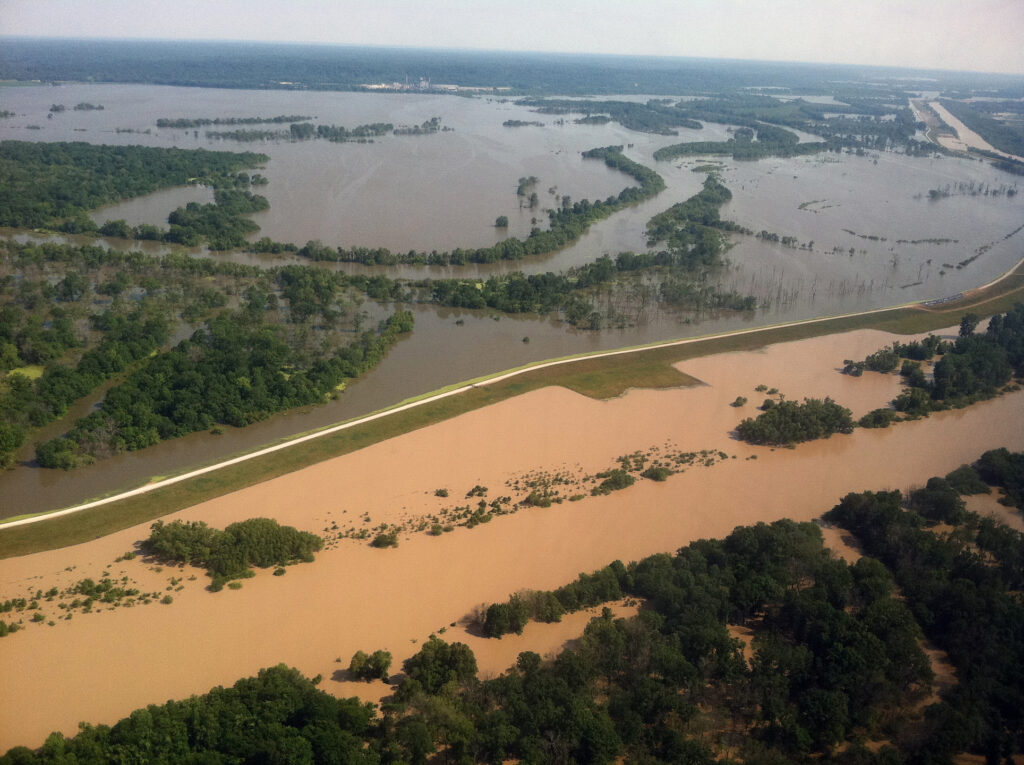A New Era for Environmental Regulation
Now more than ever it is important for Congress to take action for rivers and clean water.
![Molalla River, Oregon | Jeff Clark [BLM]](https://www.americanrivers.org/wp-content/uploads/2016/05/molalla-river-recreation-area-credit-Jeff-Clark-BLM--1024x456.jpg)
On Friday, June 28th, the Supreme Court overturned the Chevron doctrine in a 6-3 decision in Loper Bright v. Raimondo. In doing so, the Court unleashed a new era of uncertainty for the environmental regulations that protect rivers and clean water. Named for the landmark case Chevron U.S.A., Inc. v. Natural Resources Defense Council, Inc. (1984), the Chevron doctrine has shaped the way courts defer to administrative agencies’ interpretations of ambiguous statutes for the last forty years. The doctrine allowed agencies to take a pragmatic approach to complex regulatory challenges by relying on agency expertise rather than explicit Congressional direction.
Judicial review has long been a part of the regulatory rule-making process in the highly-litigious environment of the United States. Typically when reviewing agency regulations, the courts first determine whether or not Congress has spoken directly to the issue in question. If the Congressional intent is clear, the courts follow that intent. In cases of Congressional ambiguity, however, the Chevron doctrine required judges to defer to the expertise of agency staff. The reasoning for this deference was the recognition that agency staff often possess specialized knowledge and expertise in their respective fields.

Let's Stay In Touch!
We’re hard at work for rivers and clean water. Sign up to get the most important news affecting your water and rivers delivered right to your inbox.
The overturn of the Chevron doctrine now disrupts this delicate balance between judicial oversight and administrative expertise by eliminating deference to agency expertise and allowing the courts increased discretion to interpret, according to their individual judgment, whether agency regulations are permissible. Critically, it limits the role of experts in the development of regulations in favor of statutory clarity and judicial review by non-experts.
The end of Chevron deference will have a notable impact on the environmental protection of rivers, wetlands, and streams. Particularly at issue will be the scope and interpretation of the Clean Water Act (CWA). Enacted in 1972, the CWA is the cornerstone of federal environmental law aimed at restoring and maintaining the integrity of the nation’s waters by regulating the discharge of pollutants and setting water quality standards. Regulatory agencies, including the Environmental Protection Agency and U.S. Army Corps of Engineers, are charged with enforcing the provisions of CWA. For nearly half a century, these agencies have had broad latitude to interpret the CWA and enforce a reasonable regulatory regime. However, this power of interpretation has now largely been stripped away from the agencies and applied to the judiciary.

Now more than ever it is important for Congress to take action for rivers and clean water. With agencies now constrained in their ability to broadly interpret the law in favor of environmental protection, Congress must make clear its intentions to protect clean water for all. The end of Chevron deference is a call for Congress to write laws better and more explicitly as well as an opportunity for states to step up their own regulatory regimes, filling a gap now found at the federal level.
While the full impact of the overturn of the Chevron doctrine remains to be seen, regulatory policy will no doubt be a subject of intense scrutiny and debate for the foreseeable future. As federal agency regulations continue to evolve and face scrutiny in courts, the interpretation and enforcement of environmental laws like the CWA will continue to undergo changes, impacting how well the nation is able to address water quality and environmental protection for our rivers, wetlands, and streams.




1 response to “A New Era for Environmental Regulation”
It’s critical that everyone vote in every single election